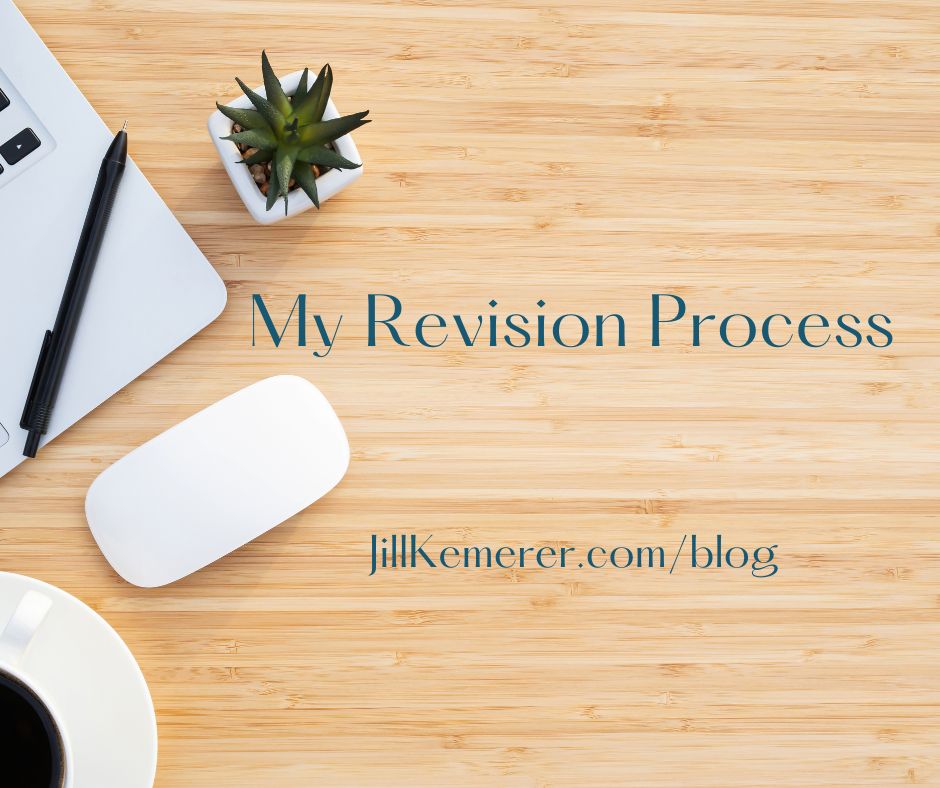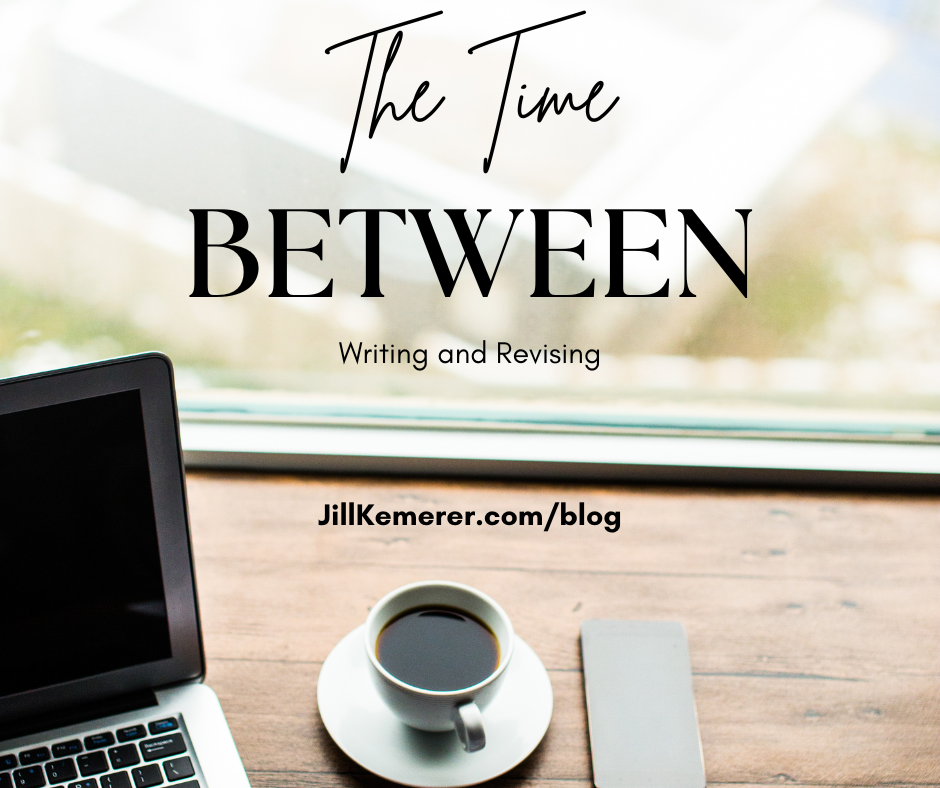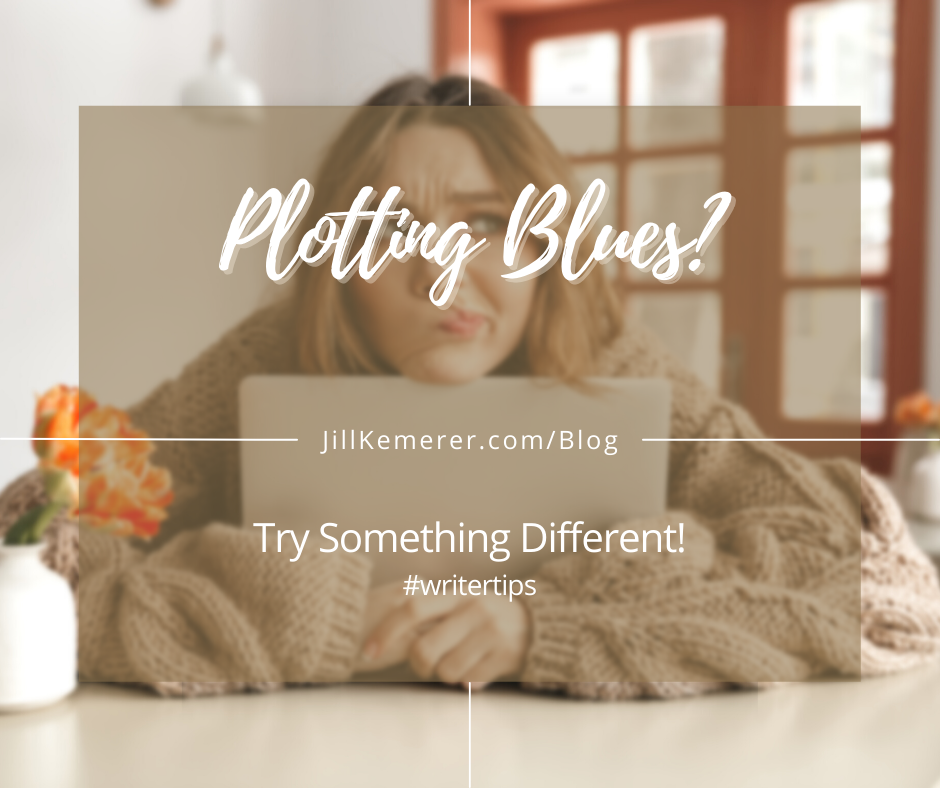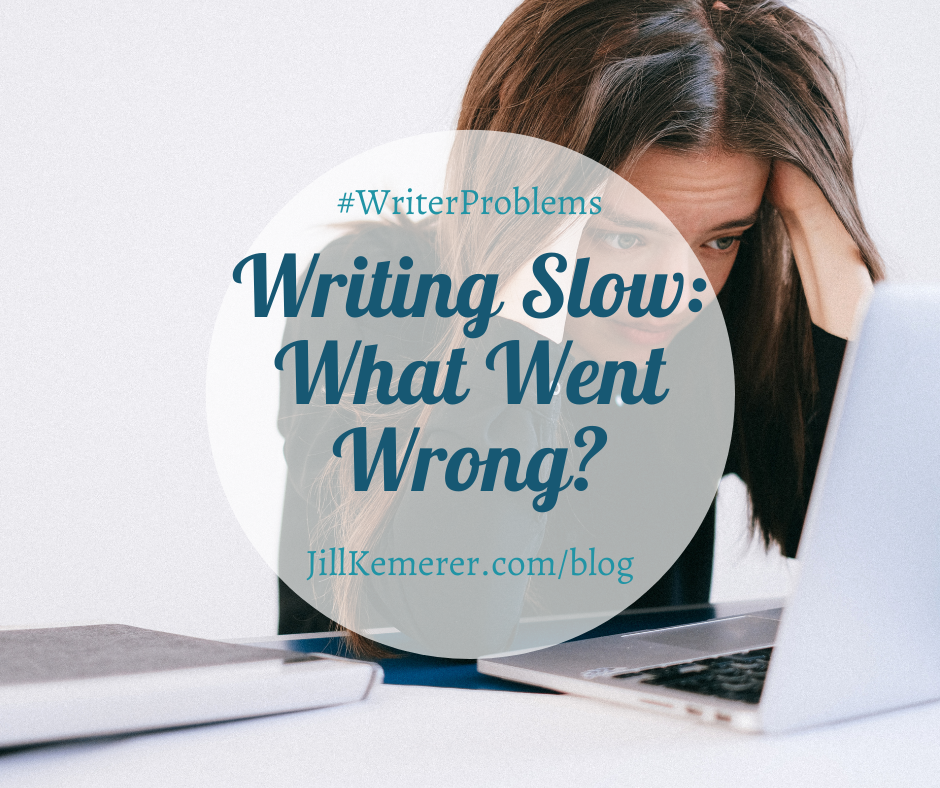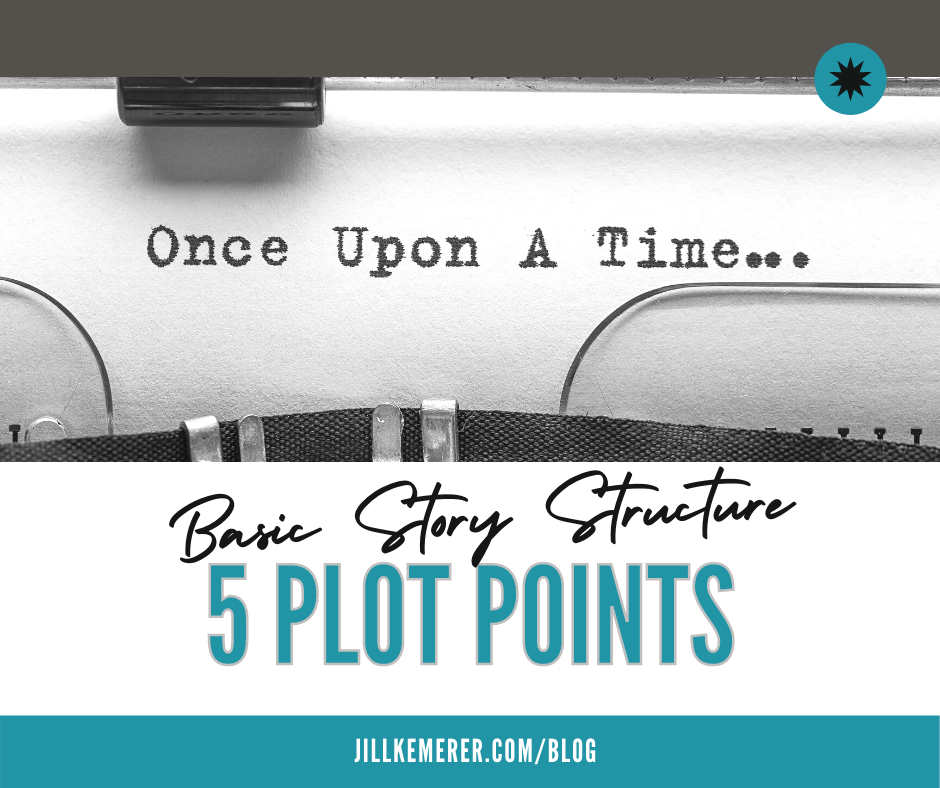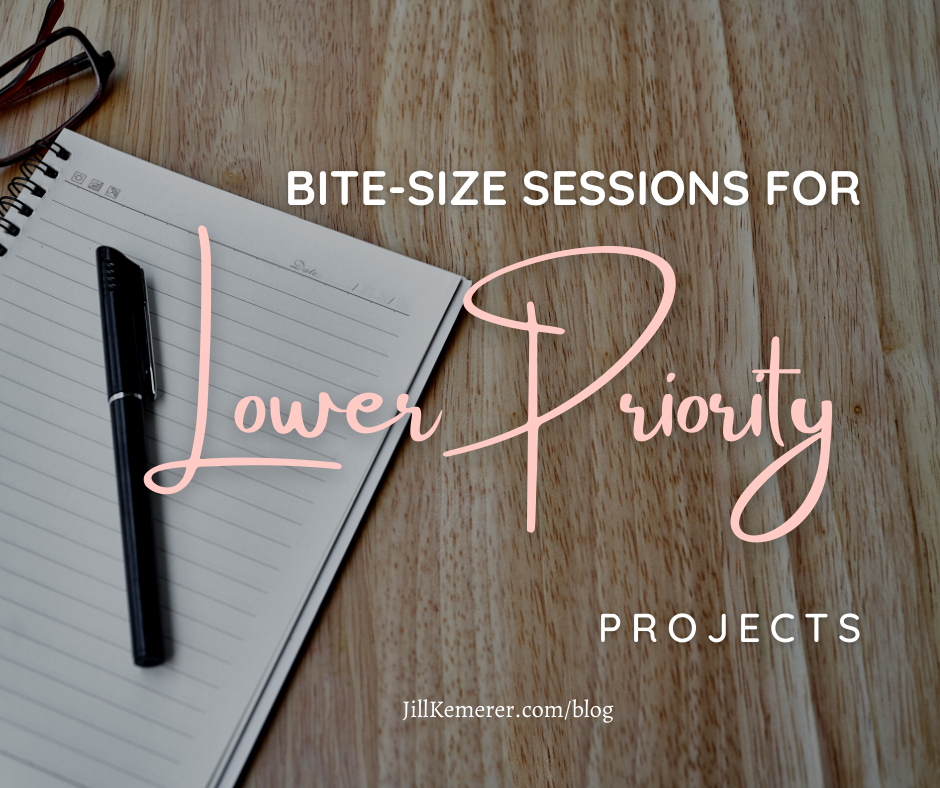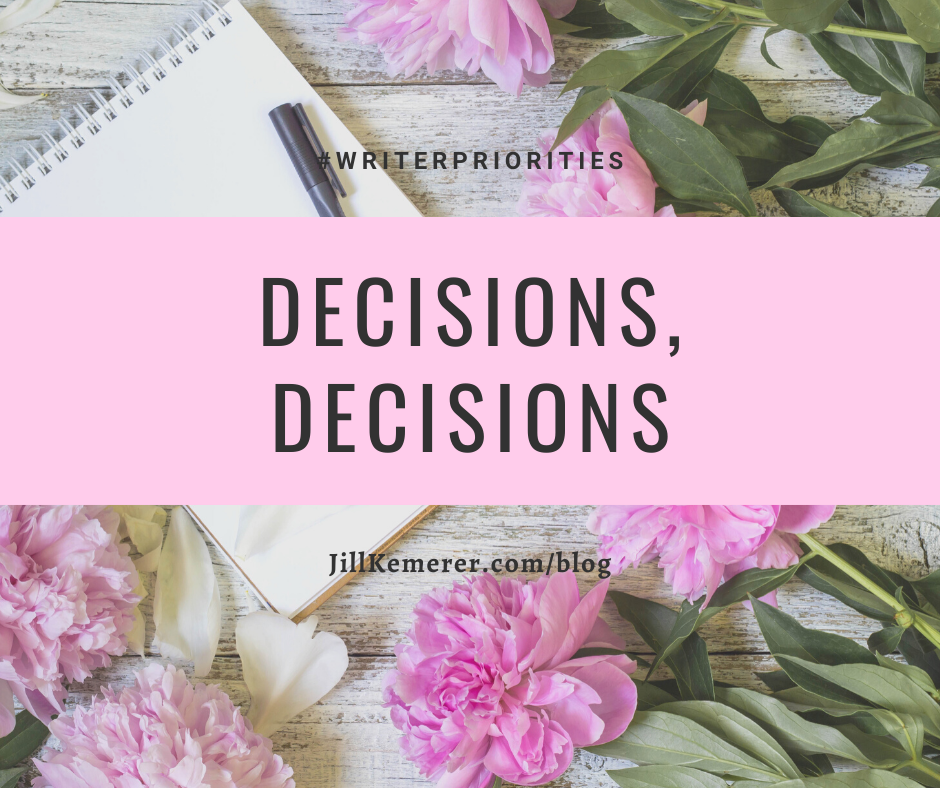If you’re like me, you probably have twenty-plus books on the writing craft hanging around. They’re on my office shelf. Stacked on my desk. Lingering under my nightstand in my bedroom. I can’t seem to get enough books on writing!
Not only do I keep buying books (which is part of my personal continuous education plan), I review old ones periodically to refresh my skills. One of the topics I return to again and again is key plot points.
Since I’m a novelist, creating a cohesive plot is very important to me. What’s more, I write commercial fiction. Readers of commercial fiction have clear expectations for story, specifically what makes it good and what makes it compelling.
Writers don’t always know how to translate the idea in our head to the page in a cohesive way. That’s why understanding basic plot points can be so helpful for plotters (writers who plan the story out before writing) and pantsers (writers who pour the story out as it comes to them).
What I’m sharing today is my personal bare-bones, essential 5 plot points. These were derived from various plotting methods (I’ve included links at the end of the post).
One nice perk of knowing this basic story structure is that the 5 plot points make a simple synopsis. Expand on them for a more detailed synopsis.
You might have a different take on key plot points. That’s fine. Whatever works for you! This works for me.

